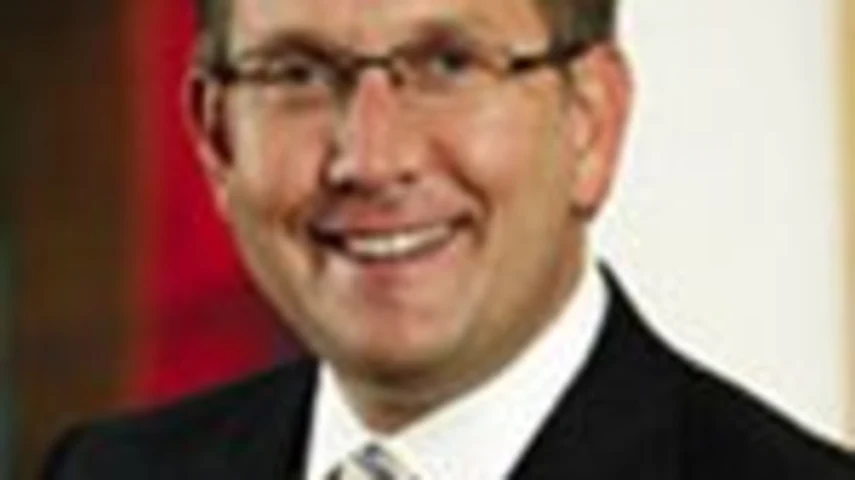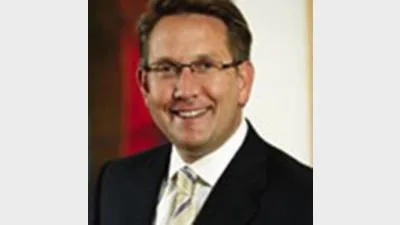Perpetual looks to future after tough half



Just weeks after announcing a parting of the ways with its chief executive, Perpetual has announced 25 per cent drop in net profit after tax attributable to equity holders of $22.931 million for the six months to the end of December.
The company told the Australian Securities Exchange (ASX) today that the result included a $10.2 million after-tax expense related to the closure of its Dublin global equities manufacturing capability, and the restructuring of the retail distribution and marketing functions.
The result also included a $2.2 million after-tax loss on market-linked investments.
Commenting on the result, Perpetual chief executive Geoff Lloyd pointed to a strategy based on pursuing further efficiencies and cost reductions, including the outsourcing of its information technology arrangements.
"I have formed a dedicated internal team to identify further meaningful cost reductions across our business units, commencing immediately," he said.
Lloyd said an international consulting firm had been appointed to provide the team with access to global expertise in the area of cost reduction and "we expect to start implementing the outcomes of the cost review before the end of the reporting period".
Drilling down on its divisional performance, the company's Private Wealth division reflected the decline in investment markets and reduced gross inflows, recording a 7 per cent decline in funds under advice.
"We executed the platform agreement with Macquarie and last month received the final regulatory approval for our new Super Wrap product, which we expect to offer late in the second half of this year," Lloyd said.
He said the business had continued to invest in non-market-related service offerings and capabilities to further enhance its holistic offering to key client segments.
Perpetual Investments experienced net outflows of $3 billion during the half, but the company said the majority of these were in lower-margin channels and products.
Lloyd said significant progress had been made in tackling some of the issues that were holding back the business' ability to attract flows in what was a difficult market.
"We created a new investment product distribution function to focus on key clients and decision makers in the retail funds market," he said.
Recommended for you
In this episode of Relative Return Insider, host Keith Ford and AMP chief economist Shane Oliver discuss the latest shock consumer price index numbers, which rose to 3.8 per cent in October, as well as the shifting US market and calls for super funds to invest in infrastructure projects.
In this episode of Relative Return Insider, host Keith Ford and AMP chief economist Shane Oliver discuss the Reserve Bank of Australia’s cautious stance in response to persistent inflation, subdued growth prospects, and political shifts affecting the nation’s journey towards net zero emissions.
In this episode of Relative Return, host Laura Dew speaks with Rachel White, head of financial adviser services at Vanguard about how advisers can help Australians to feel confident in retirement.
In this episode of Relative Return Insider, host Keith Ford and AMP deputy chief economist Diana Mousina take a look at the Reserve Bank’s unanimous decision to leave rates on hold on Melbourne Cup Day and whether future cuts are still on the cards.








